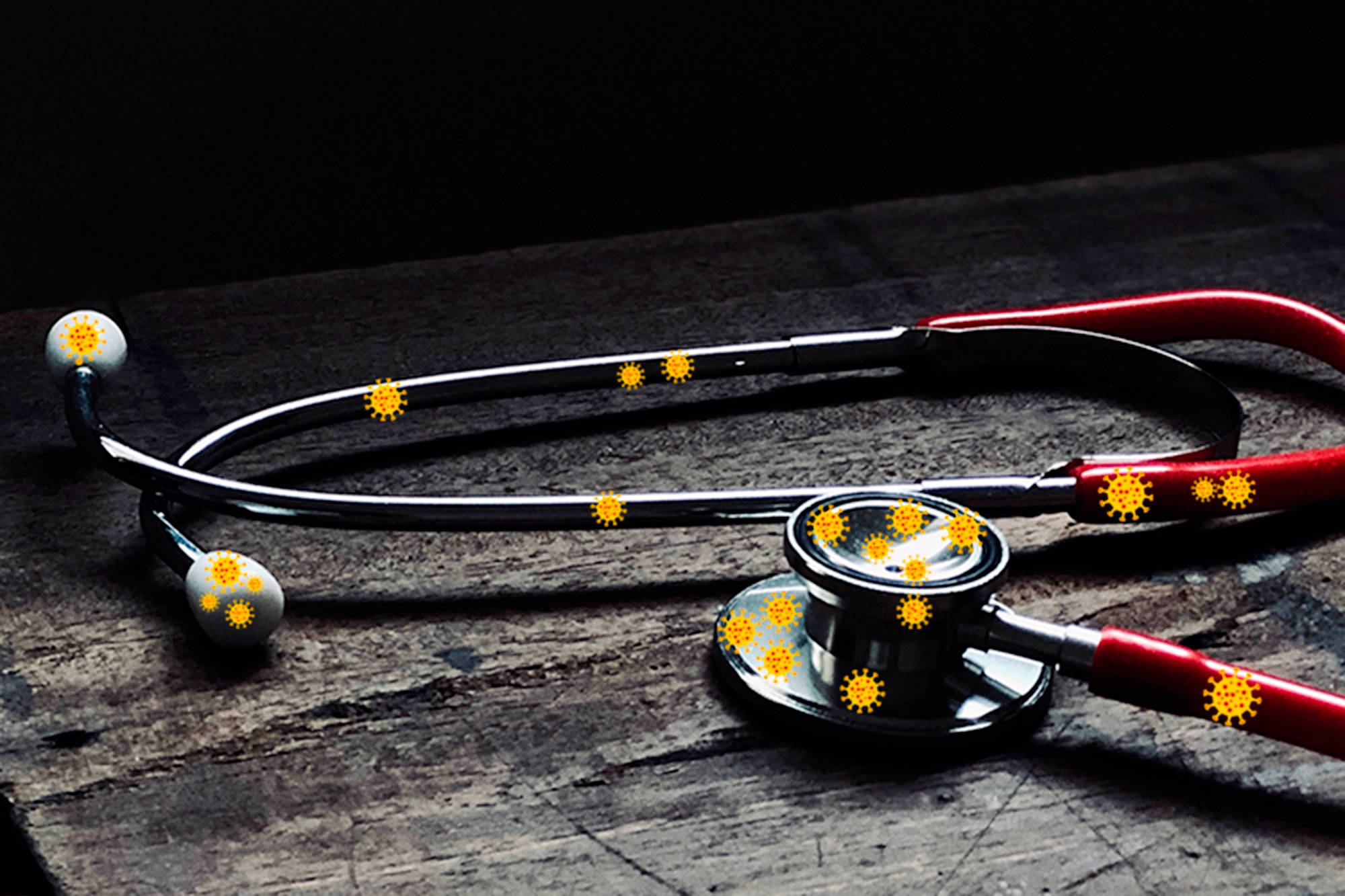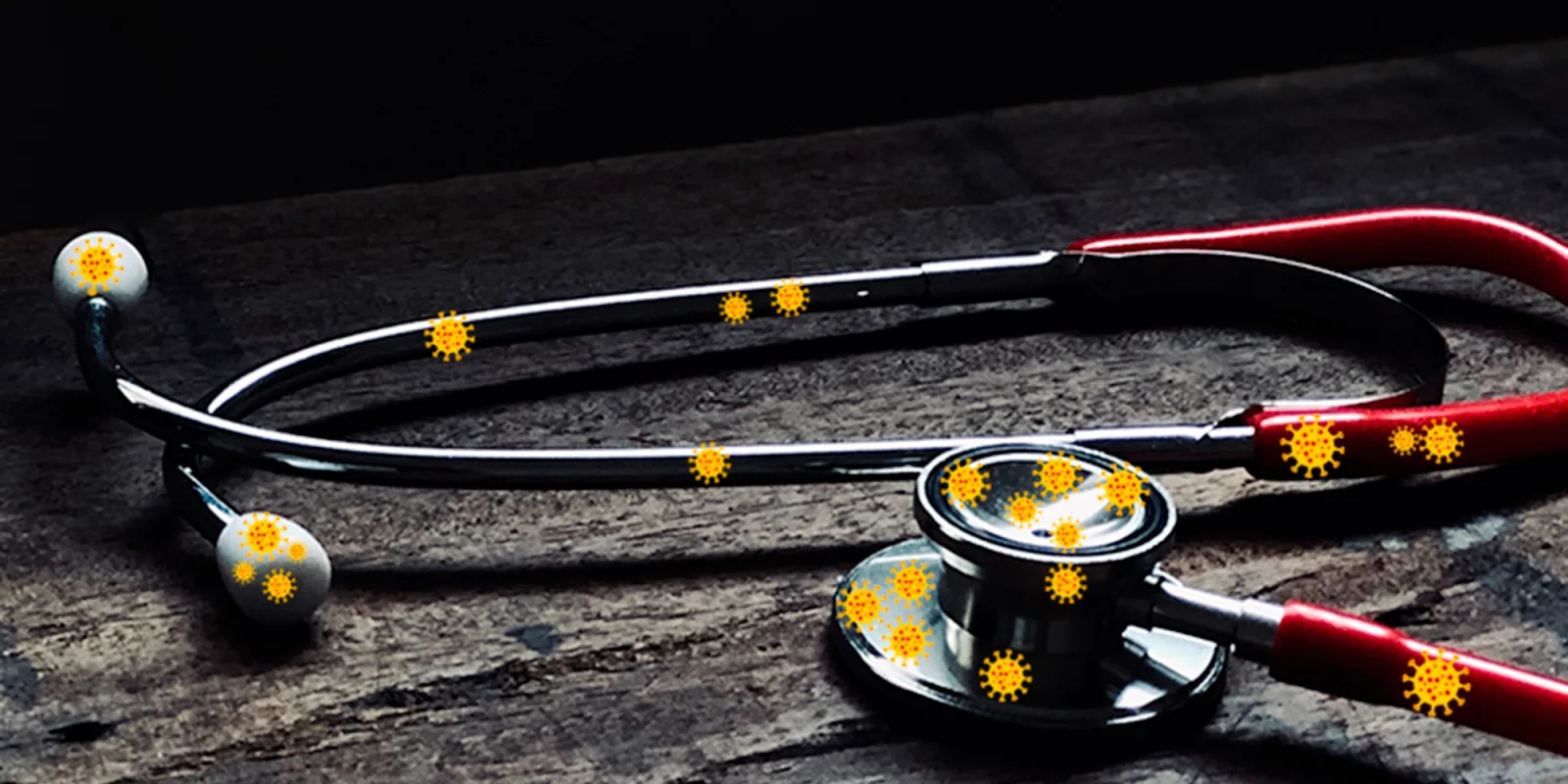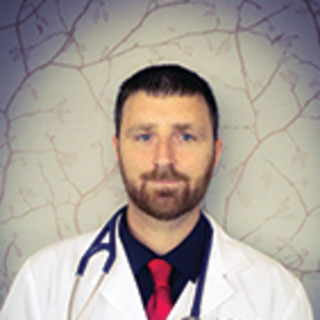 My job requires me to see all sorts of patients. In rural medicine you are a jack of all trades. Sometimes your only job is to find someone with better skills or tools who can better serve your patient. First do no harm, then do some benefit, when you can do no more find some help. That means some people come to me for very benign problems, ones that would be fine without a thorough exam. My toenail looks funny, I cut my hand and need sutures, can I have another knee injection? As I write this article the novel coronavirus (COVID-19) is slowly creeping across the country. It is not in my community yet, but I sense it will be, in the coming months. Perhaps that is why people are still coming to the clinic/ED for lesser issues. Yesterday as I spoke with a 23 year old female patient about dysuria (with no sexual activity and a normal UA), I had to wonder: does the adage that "everyone gets a heart and lung exam" still ring true? The patient I saw had normal vital signs, normal lab, and the pain comes and goes without reason. I could approach her, listen to her abdomen (another thing we do, as if I will hear something that screams, "Aha! That is why your urine burns off and on!"), percuss her kidneys (but no blood on the dipstick…) None of this is going to change my recommendation that she go home, stay well hydrated, and monitor the situation.
My job requires me to see all sorts of patients. In rural medicine you are a jack of all trades. Sometimes your only job is to find someone with better skills or tools who can better serve your patient. First do no harm, then do some benefit, when you can do no more find some help. That means some people come to me for very benign problems, ones that would be fine without a thorough exam. My toenail looks funny, I cut my hand and need sutures, can I have another knee injection? As I write this article the novel coronavirus (COVID-19) is slowly creeping across the country. It is not in my community yet, but I sense it will be, in the coming months. Perhaps that is why people are still coming to the clinic/ED for lesser issues. Yesterday as I spoke with a 23 year old female patient about dysuria (with no sexual activity and a normal UA), I had to wonder: does the adage that "everyone gets a heart and lung exam" still ring true? The patient I saw had normal vital signs, normal lab, and the pain comes and goes without reason. I could approach her, listen to her abdomen (another thing we do, as if I will hear something that screams, "Aha! That is why your urine burns off and on!"), percuss her kidneys (but no blood on the dipstick…) None of this is going to change my recommendation that she go home, stay well hydrated, and monitor the situation.
Given the incubation period of the virus we all fear, I could be breathing it all over people. Current recommendation is to stay 6 feet away from one another. In medicine, this is not going to be possible, and we are going to be at higher risk than a normal citizen. We may be shedding the virus and not know it. My stethoscope is cleaned, when I can remember, but honestly it may be more fomite than I am vector. We are always so pressed for time that we don't think about our stethoscope being a vector, and only remember to clean them about 30% of the time. That has not been life-threatening until the COVID pandemic. When I need to use it I still stand as far away as possible, I keep my face away from that of the patient, and new this week, I am wearing a yellow surgical mask. The stethoscope bell/diaphragm touches the front of their chest, the tubing dangling close to their face. Does every patient, right now, need this exposure?
I fear I will come across as flaunting some sort of privilege. That I am so blessed to not have any active cases within 100 miles of my practice. That is not my intent, and to you on the front lines already in the middle of the pandemic, I thank you not only for the care you are providing, but also for being the giants on whose shoulders I will be standing on later this month or whenever I find myself in the middle of it as well. That I think is my biggest fear as I pose these questions. I see it coming, but will not see it when it arrives. We are screening as best as we can, and I hope we catch the first case the instant it presents itself. I worry though, that a patient with a "cold" will not stay home, will come in to "get ahead of it" as some people are prone to do, it will be COVID-19, but we will not realize. I will hand them their "Virus RX" with acetaminophen, Mucinex, Flonase, push fluids, come back for a fever etc. recommendations. I will wash my hands, but I will, once again, forget to clean my stethoscope. In the next room will be the sweet school teacher, 60 years old and on the verge of retirement. She just wants three hyaluronic acid injections over these next three weeks for her knee arthritis. I inject her knees, and then before I leave, I remember — everyone gets a heart and lung exam. So I apply my stethoscope to her. She is fine, I send her on her way, not knowing that I have just exposed her to COVID-19. Given her age, the outcome may very well be bleak, and furthermore who knows the number of people, including her husband, who may be exposed. Currently my clinic is not scheduling wellness visits, but will allow chronic care; including arthritis.
Much has been said about how things will never be the same again after we get through this pandemic. I am curious as to how the practice of medicine will be different. The PPE we currently lack, so very vital, will be stockpiled for better preparation. We will gain the ability (I hope) to manufacture a vaccine faster. We will gain so much. What will be deemed unnecessary? What will be lost? What things will we realize we do sometimes because that is what we do, but we discover have less benefit in this new world? We all need to clean our stethoscopes more frequently to decrease the risk of transmitting illnesses. I do not want to suggest that we throw the entire physical exam out the door. Yes I have found wheezy lungs, untreated asthma, and helped. We have found heart murmurs, we have saved lives. But will the benefit continue to outweigh the risk in this new world?
Sean is the lead advanced practice provider at Decatur Health, Oberlin, Kansas. He enjoys writing not only online, but has published a book Through the Eyes of a Young Physician Assistant. When the outdoors call, it is to go golfing, fishing, or hunting with his sons. He tweets at @SeanConroyPAc. Sean is a 2019-2020 Doximity Fellow.
Click here to see more perspectives on COVID-19 from the Doximity network.
Click here for up-to-date news about COVID-19 on Doximity.
Illustration Collage by Jennifer Bogartz / Shutterstock







